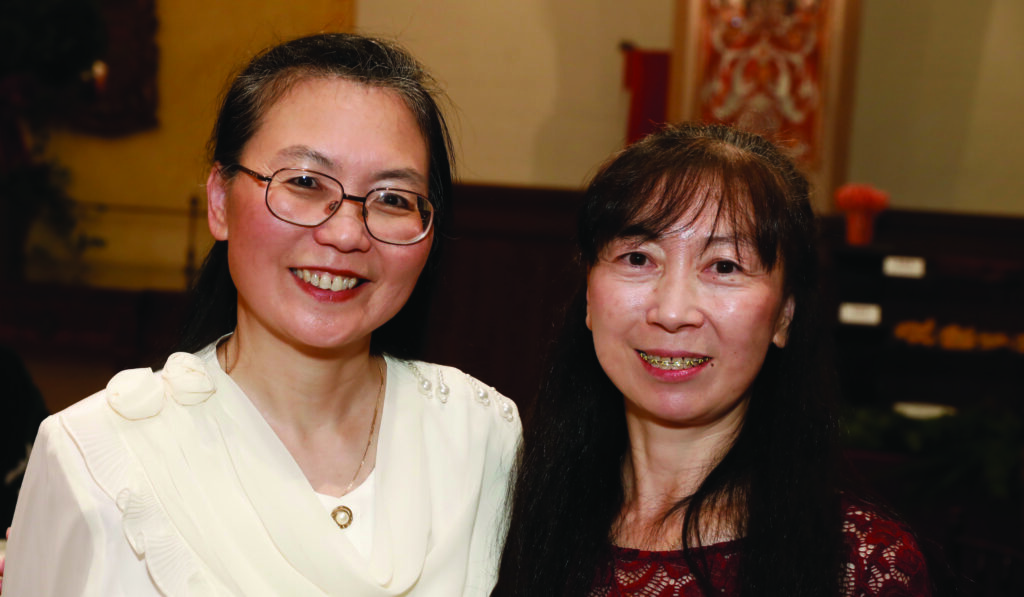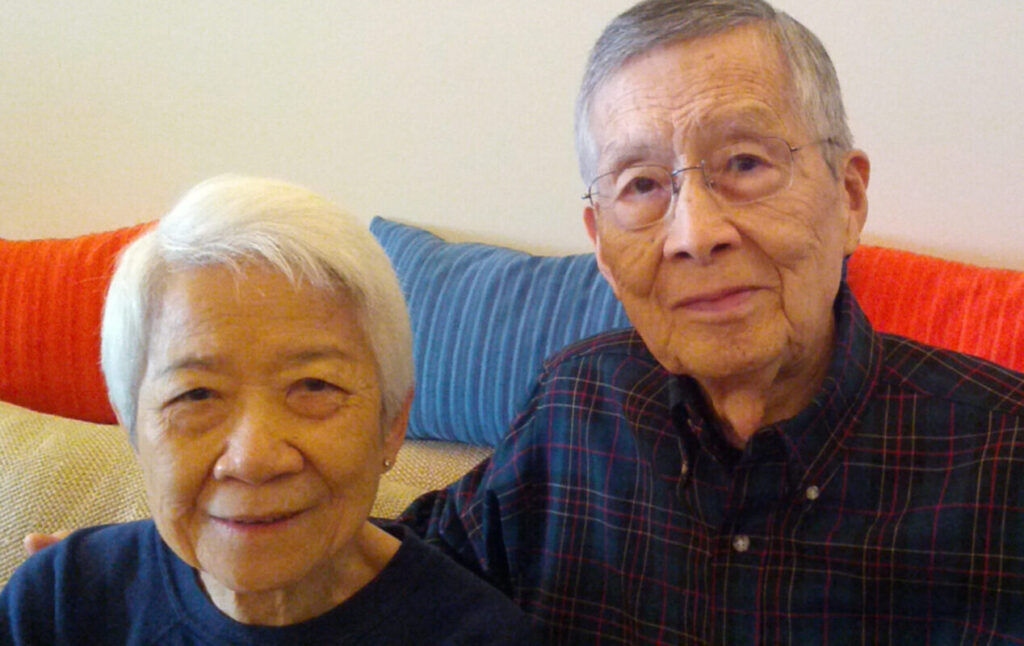Investments in Students
A combination of endowment and immediate-use funding will provide essential support to attract and retain highly qualified students regardless of their financial background, helping to create a richer and more vibrant academic and professional community.
- Endowed Scholarships
- Endowed Graduate Fellowships
- Endowed Postdoctoral Fellowships
- Current-Use Student Support
- Student Travel, Research, or Community Service Funds
Investments in Faculty and Research
Endowed professorships and research support will help USC Leonard Davis recruit and retain top experts as well as provide resources for talented junior faculty members to build their careers. USC Leonard Davis seeks investment to support faculty and research in the following areas:
Precision Aging: There is no “one size fits all” approach when it comes to growing older. By combining advances in biomedical research with demographic data gathered via large population studies on health and aging, USC Leonard Davis faculty members can correlate a range of environmental factors—such as nutrition, physical fitness, and mental stimulation—with genetic variations to understand which lifestyle choices are most beneficial for individuals who have an elevated risk of developing a specific disease of aging.
Aging and Technology: A growing emphasis on developing and leveraging software, sensors and other technologies that can improve outcomes and care and have the potential to reshape where and how older adults live as they age. Members of the Leonard Davis School’s faculty collaborate with scientists from the Viterbi School of Engineering to build new technology platforms, assistive devices, and smart-homes to aid the aging process in the community, in formal senior living arrangements and in daily life. This collaboration addresses technology solutions in the communication, medication management, rehabilitation, and social isolation sectors. Key research objectives include using AI and data science to decipher complexities of aging, developing technologies for older adults and developing training and educational platforms for older adults to use technologies.
Lifespan Health: Gerontology researchers at USC Leonard Davis seek to understand the basic processes that drive aging as well as how age-related diseases such as Alzheimer’s, diabetes, and cancer occur in older adults. Groundbreaking research conducted by investigators in the school’s centers and laboratories is transforming how these types of illnesses are approached, treated, and possibly prevented through nutrition and other interventions.
Global Aging: USC Leonard Davis provides exemplary research and outreach leadership regarding the ways aging varies between nations due to social and economic contexts, and how different policies and practices impact older adults across the globe. The school’s Global Aging Initiative examines topics such as physiological aging, health, well-being, caregiving, labor-force participation, migration, service usage, family interaction, and social integration. International collaborations involve research in “blue zone” areas of exceptional longevity, falls-prevention outreach in Asia, and student exchanges with other educational institutions.
Senior Living: It is estimated that in the upcoming decade, more than one trillion dollars will be spent on senior housing. In response to the need for education and research in this area, USC Leonard Davis has created a Senior Living Initiative, bringing together today’s leaders in the field of senior housing with experts in academia to examine ways to provide new approaches through research and innovative education. USC Leonard Davis has experts in architecture, palliative and hospice care, home modification, nutrition, creativity, technology, and financial gerontology who contribute immensely to the field.
Building upon USC Leonard Davis’s research infrastructure in key areas will help faculty members conduct state-of-the-art research on gerontology’s most important issues.
- Endowed Centers and Institutes
- Endowed Chairs and Professorships
- Endowed Center and Institute Directorships
- Visiting Professorships
- Endowed Research Funds
- Seed Funds for Research and Innovation
Investments in Community and Global Outreach
Gifts to strengthen and build upon USC Leonard Davis’s outreach and service programs will accelerate the translation of discoveries made at the school into innovative solutions to an array of aging challenges.
- Endowed Centers and Institutes
- Endowed Directorships
- Endowed Funds for Service and Outreach Programs
- Funds to Develop and Pilot New Products and Services
- Funds to Seed Interdisciplinary Collaborations and Projects
- Unrestricted Current-Use Support




